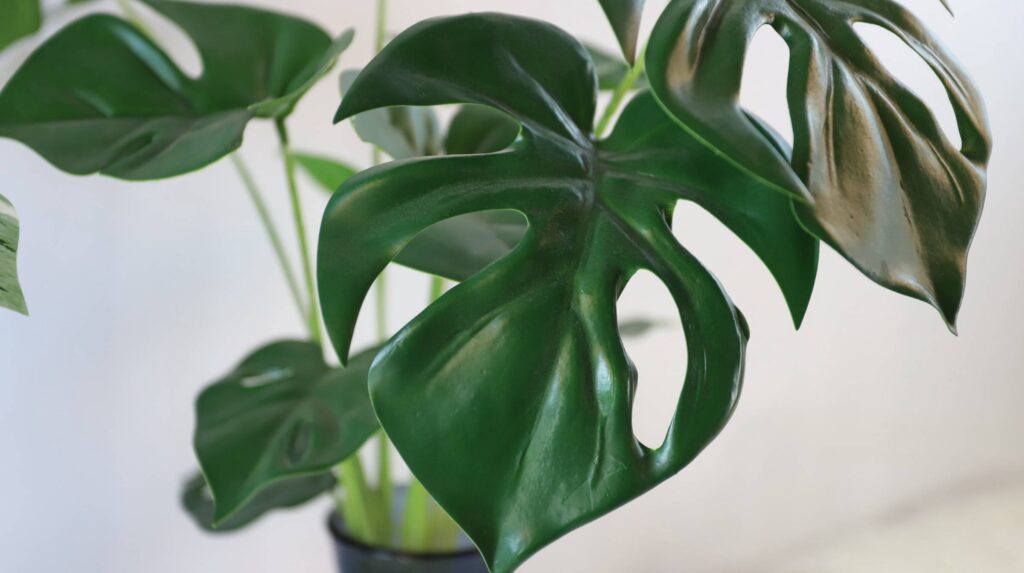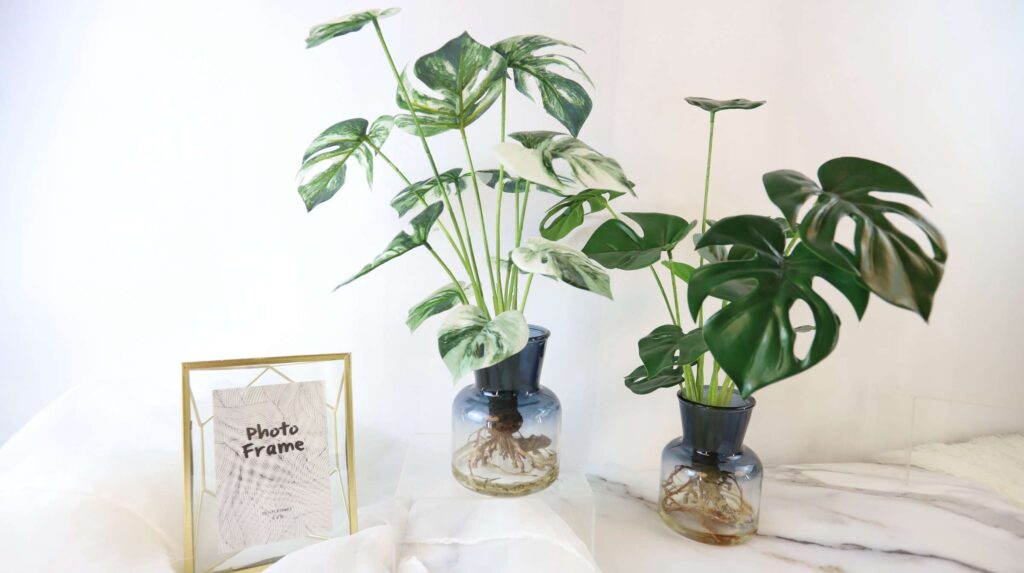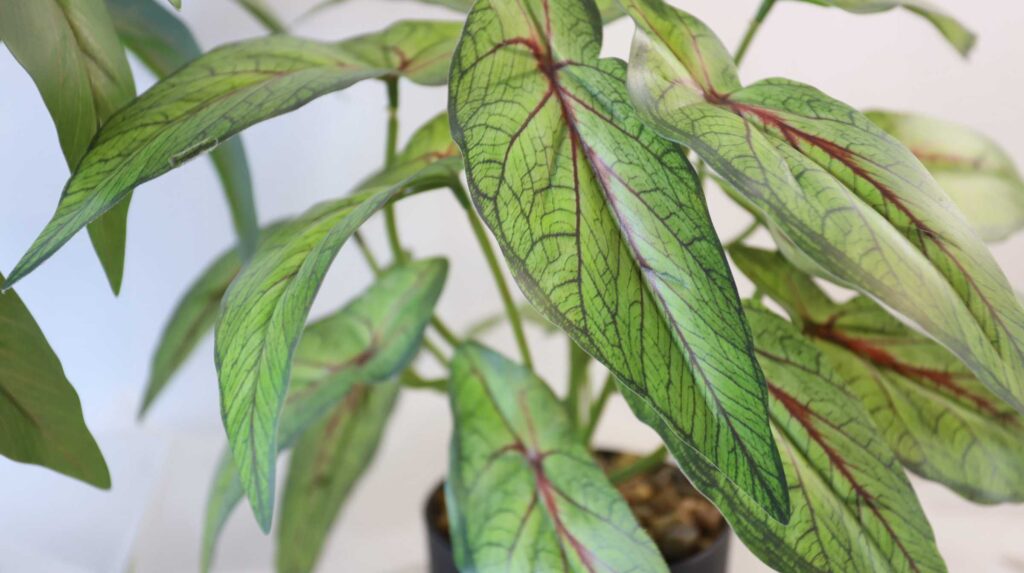Introduction
In today’s rapidly evolving world, the pressing issue of climate change and the increasing carbon emissions from industrial operations have propelled businesses to reevaluate their production processes. As global ghg emissions continue to rise, largely driven by the burning of fossil fuels and the release of carbon dioxide, the need for sustainable solutions has never been more urgent.
Enter the realm of artificial plants and artificial green walls. These products, often seen as mere aesthetic enhancements, are undergoing a revolutionary transformation. Leading manufacturers, including [Your Company’s Name], are not just focusing on creating a more environmentally friendly version of their offerings but are also diving deep into revolutionary research projects. One such initiative is the knowledge transfer partnership programme, aiming to reduce energy consumption and achieve net carbon neutrality.

The circular economy is at the heart of this transformation, emphasizing the use of recycled materials and promoting energy efficiency in manufacturing operations. As the automotive industry and mining companies grapple with their carbon footprint, the artificial plant industry is setting a benchmark, showcasing how to reduce carbon emissions and minimize the reliance on non-renewable energy sources.
For overseas buyers, this shift represents not just an opportunity to align with sustainable practices but also to create competitive advantages in their markets. After all, in a world where more than half of consumers are demanding eco-friendly products, choosing a partner that prioritizes a sustainable future can significantly impact a company’s profitability.

The Environmental Impact of Traditional Artificial Plant Manufacturing
Historically, the artificial plant industry, like many industrial companies, has been reliant on processes and materials that have a significant carbon footprint. The manufacturing process of traditional artificial plants and green walls often involved the extensive use of fossil fuels, leading to high carbon dioxide emissions and increased energy consumption.
- Materials and Their Footprint: Traditional artificial plants were primarily made from non-renewable sources, including certain plastics derived from natural gas and iron ore. These raw materials not only contributed to global emissions but also posed challenges in terms of waste management and the circular economy.
- Energy-Intensive Production: The energy use in producing these plants often came from non-renewable energy sources, further exacerbating the industry’s carbon emissions. The absence of energy storage solutions meant that any waste heat from the production was lost, rather than being harnessed for other purposes.
- Waste and Its Consequences: Without a focus on the circular economy, waste generated during production often ended up in landfills. The lack of emphasis on sustainable practices to minimize waste and the absence of a robust supply chain for recycled materials meant that the industry was contributing more than its fair share to environmental degradation.

However, with the advent of new technologies and a greater understanding of environmental boundaries, the industry began to recognize the major challenges it faced. The need for a more sustainable product offering became evident, paving the way for innovative solutions and a renewed commitment to sustainability.
The Green Transition: Sustainable Practices in Artificial Plant Manufacturing
The artificial plant industry is undergoing a transformative shift, driven by the urgent need to address sustainability issues and reduce its carbon emissions. This green transition is marked by several innovative practices and strategies:
- Sustainable Materials: The industry is moving away from non-renewable resources and embracing recycled materials and new bio polymer formulation. These materials not only reduce the carbon footprint of the products but also align with the principles of the circular economy.
- Energy-Efficient Manufacturing: With a focus on energy efficiency, manufacturers are adopting technologies that minimize energy consumption. The use of renewable energy sources, such as renewable energy from solar and wind, is becoming commonplace. Additionally, advancements in energy storage ensure that excess energy is captured and utilized effectively.
- Carbon Capture and Reduction: Carbon capture technologies are being integrated into manufacturing operations to directly reduce carbon dioxide emissions. This, combined with efforts to achieve net carbon neutrality, showcases the industry’s commitment to a low carbon world.
- Waste Management and Minimization: Embracing the ethos of minimize waste, manufacturers are implementing strategies to ensure that waste is either recycled or repurposed. This not only reduces the environmental impact but also contributes to a more efficient manufacturing process.
- Innovative Offerings: Products like artificial green walls and living walls are being redesigned with sustainability in mind. The new formulation ensures that these products are not only aesthetically pleasing but also environmentally responsible.
- Knowledge Transfer and Collaboration: The knowledge transfer partnership programme plays a pivotal role in fostering collaboration between manufacturers and researchers. This partnership is driving revolutionary research projects that aim to create a more environmentally friendly version of artificial plants and green walls.
The green transition is not just a trend; it’s a commitment to a sustainable future. For overseas buyers, partnering with manufacturers who prioritize these sustainable practices offers a unique competitive advantage in the market.

Benefits of Sustainable Artificial Plants for Buyers
As the artificial plant industry embraces a green transition, overseas buyers stand to gain immensely from these sustainable advancements. Here are the key benefits:
- Durability and Longevity: Sustainable artificial plants and green walls, crafted using new bio polymer formulation, are designed to last longer. Their resistance to wear and tear ensures that buyers get value for their investment.
- Positive Brand Image: Aligning with manufacturers who prioritize sustainability enhances a buyer’s brand image. In a world where more than half of consumers are eco-conscious, showcasing sustainable practices can create significant competitive advantages.
- Cost-Efficiency: While the initial investment might seem higher, the long-term savings are substantial. Energy-efficient production processes and the use of recycled materials mean lower production costs, benefits that can be passed on to buyers.
- Alignment with Global Sustainability Goals: By choosing sustainable artificial plants, buyers contribute to reducing global ghg emissions and moving towards net carbon neutrality. This alignment with global sustainability goals can be a major selling point for businesses.
- Innovative Offerings: The revolutionary research project and knowledge transfer partnership programme have led to the development of innovative products. From artificial green walls that mimic the aesthetics of living walls to plants that incorporate current fire retardant additive, the offerings are diverse and cutting-edge.
- Supporting a Circular Economy: By partnering with manufacturers who prioritize the circular economy, buyers support a system that emphasizes recycling and minimizing waste. This not only reduces carbon emissions but also ensures a sustainable supply chain.
- Knowledge and Expertise: The knowledge transfer partnership programme ensures that buyers have access to the latest research and developments in the industry. This researcher knowledge can be invaluable for businesses looking to propel industry advancement.
For buyers, the decision to choose sustainable artificial plants is not just an environmental choice; it’s a strategic business decision that offers myriad benefits.

Case Study: SINOFLORAL Leading the Way
SINOFLORAL has been at the forefront of the green transition in the artificial plant industry. Our commitment to sustainability and innovation has set us apart, offering a glimpse into the future of eco-friendly artificial plant manufacturing.
- Embracing Renewable Energy: At Sinofloral, we’ve significantly reduced our energy consumption by transitioning to renewable energy sources. Our facilities harness solar power, reducing our reliance on fossil fuels and moving towards a low carbon world.
- Pioneering New Materials: Our revolutionary research project has led to the development of a new bio polymer formulation. This ensures our products, from artificial green walls to individual plants, are more sustainable than ever, aligning with the principles of the circular economy.
- Carbon Neutrality Commitment: We’re proud of our efforts to achieve net carbon neutrality. Through a combination of carbon capture technologies and initiatives to reduce carbon emissions, we’re making significant strides in minimizing our carbon footprint.
- Knowledge Transfer Initiatives: Our collaboration with leading research institutions through the knowledge transfer partnership programme has allowed us to innovate and stay ahead of industry trends. This partnership ensures that we’re always at the cutting edge, offering products that are not just beautiful but also environmentally responsible.
- Sustainable Supply Chain: We prioritize working with suppliers who share our commitment to sustainability. Our supply chain focuses on recycled materials and sustainable sourcing, ensuring that every step of our manufacturing process aligns with our green ethos.
- Awards and Recognitions: Sinofloral has been recognized globally for our sustainable practices. Our efforts to reduce ghg emissions and champion the circular economy have earned us accolades, further solidifying our position as industry leaders.
- Exclusive Offer for Buyers: We invite our prospective buyers to explore our range and witness our commitment to sustainability firsthand. Download our FREE catalogue and discover why Sinofloral is the preferred choice for those looking to make a green impact.

The Future of Sustainability in the Artificial Plant Industry
The artificial plant industry’s trajectory towards sustainability is not just a passing trend; it’s a fundamental shift driven by global imperatives and visionary leadership. Here’s a glimpse into what the future holds:
- Innovative Technologies: The integration of artificial intelligence and other new technologies will further enhance the manufacturing process, making it more efficient and reducing carbon emissions. These advancements will also enable better energy storage solutions, optimizing the use of renewable energy.
- Bio Polymer Revolution: The new bio polymer formulation is just the beginning. Continuous research, possibly through initiatives like the knowledge transfer partnership programme, will lead to the discovery of even more sustainable materials, reducing the industry’s carbon footprint.
- Wider Adoption of Circular Economy Principles: The circular economy will become the industry’s backbone. From sourcing raw materials to the end-of-life of the product, every stage will focus on reusing, recycling, and reducing waste, ensuring minimal environmental impact.
- Collaborations and Partnerships: Knowledge transfer will play a pivotal role as companies collaborate with academic institutions, researchers, and even competitors. Such partnerships, like the wider knowledge transfer partnership, will drive innovation and propel industry advancement.
- Global Standards and Regulations: As climate change becomes a pressing concern, global standards for ghg emissions, energy consumption, and sustainable practices will become stricter. Companies will need to adapt and align with these regulations to stay competitive.
- Consumer Demand Driving Change: While the current focus is on B2B, consumer awareness and demand for sustainable products will indirectly influence the industry. As consumers become more eco-conscious, businesses will prioritize sourcing from manufacturers with strong sustainable practices, creating competitive advantages.
- Expansion into New Markets: As sustainability becomes a global priority, new markets will open up for eco-friendly artificial plant products. Regions like Western Australia and others, previously untapped, might emerge as significant buyers, driven by local sustainability initiatives.

In essence, the future of the artificial plant industry is green. Companies that embrace this transition, innovate, and prioritize sustainability will not only thrive but also lead the way, setting standards for others to follow.
Discover SINOFLORAL: Pioneers in Sustainable Artificial Plant Manufacturing
- A Brief History: Founded 2013, Sinofloral embarked on a mission to revolutionize the artificial plant industry. From our humble beginnings, we’ve grown, always keeping sustainability at the core of our operations.
- Our Unique Selling Proposition (USP): Beyond just manufacturing artificial plants, we’ve been pioneers in integrating new bio polymer formulation and knowledge transfer partnership programmes. Our products, especially our renowned artificial green walls, are a testament to our commitment to both quality and the environment.
- Why Choose Us:
- Innovative Technologies: Our adoption of cutting-edge technologies ensures reduced carbon emissions and efficient energy consumption.
- Sustainable Materials: Our focus on recycled materials and sustainable sourcing showcases our dedication to the circular economy.
- Global Recognition: Our efforts in sustainability have garnered us awards and recognitions worldwide, solidifying our position as industry leaders.
- Exclusive Offer: Dive deeper into our world of sustainable beauty. We invite you to download our FREE catalogue, a comprehensive guide to our eco-friendly products and our journey towards a greener future.”Experience the fusion of art and sustainability with Sinofloral. Download our catalogue now!“

Conclusion
In an era where climate change and environmental conservation are paramount, the artificial plant industry’s shift towards sustainability is not just commendable—it’s essential. As we’ve explored, the environmental impact of traditional manufacturing methods is significant, with high carbon emissions, extensive energy consumption, and a notable carbon footprint. However, the green transition is ushering in a new age of eco-friendly practices, innovative materials, and energy-efficient processes.
Sinofloral stands as a beacon in this transition, exemplifying how businesses can thrive while prioritizing the planet. Our commitment to renewable energy, carbon neutrality, and the circular economy reflects a future-forward approach that doesn’t compromise on quality or sustainability.
To our esteemed buyers and partners: The choice is clear. In supporting manufacturers like Sinofloral who are steadfast in their green commitments, you’re not only aligning with a sustainable vision but also championing a brighter, greener future for generations to come.
Join us in shaping a sustainable future. Prioritize green, choose Sinofloral, and let’s together pave the way for an eco-friendly tomorrow.

